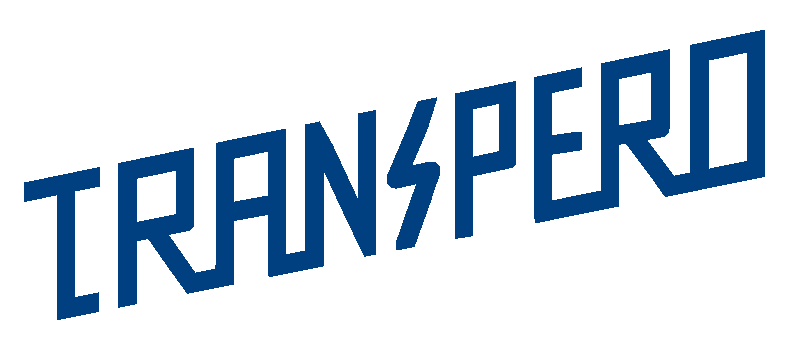
In the previous few decades, there has been an insurgency in computing and communication technology, and all suggestions are that technological advancement and usage of information technology would go on with at a quick pace. Going with technology updates and supporting the remarkable growth in the power and usage of the latest information technologies has been reducing price of communications as an outcome of both technological changes and improved competition
. As per Moore’s law, the handing out control of microchips is doubling every eighteen months. These progressions offer various noteworthy chances but also pretence bigger challenges. Today, modernization in IT are involving wide-ranging effects crossways various domains of civilization and policy creators are proceeding on problems including economic output, IPR or intellectual property rights, privacy fortification, and affordability and access to data. Selections done now would have long-standing results, and consideration must be given to their social and economic effects.
One of the most important results of the development of IT is almost certainly electronic commerce on the Internet, a new method of doing business.
Though only a few years before, it may fundamentally change economic activities and social surroundings. Already, it impacts such big segments like communications, finance and retail business and might grow to areas like education and health solutions. It entails the faultless app of details and communication technology together with the whole value chain of a trade that is done electronically.
One significant method in which IT is impacting work is by decreasing the significance of remoteness. In different industries, the geographic allocation of work is modifying importantly. For example, some software companies have observed that they may prevail over the firm regional market for software engineers by delivering projects to India or different nations where the wages are much reduced.
In addition, these arrangements can take benefit of the time dissimilarities thus important projects may be worked on almost all over the clock. Organizations can contract out their production to different nations and depend on telecommunications to keep promoting R&D, and distribution groups in close communication with the production groups.
Therefore, the technology may allow a finer separation of labour amongst countries, which in order impacts the comparative demand for different abilities in every nation. The technology allows different kinds of work and services to be decoupled from each other. Organizations have huge freedom to place their financial activities, making bigger competition amongst areas in infrastructure, capital, labour, and different resource markets. It also releases the door for authoritarian arbitrage: organizations can growingly select which tax authority and different rules apply.
Communication and computer technology also advertise more market-like forms of fabrication and allocation. An infrastructure of communication and computing technology, offering 24-hour access at a reduced cost to approximately any type of cost and product details needed by purchasers, will decrease the informational barricades to a well-organized market process.
The continuing computing and communications insurgency has frequent financial and social effects on present society and needs sombre social science examination to administer its risks.
